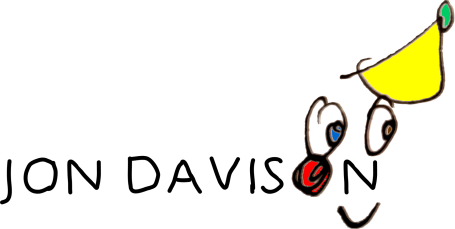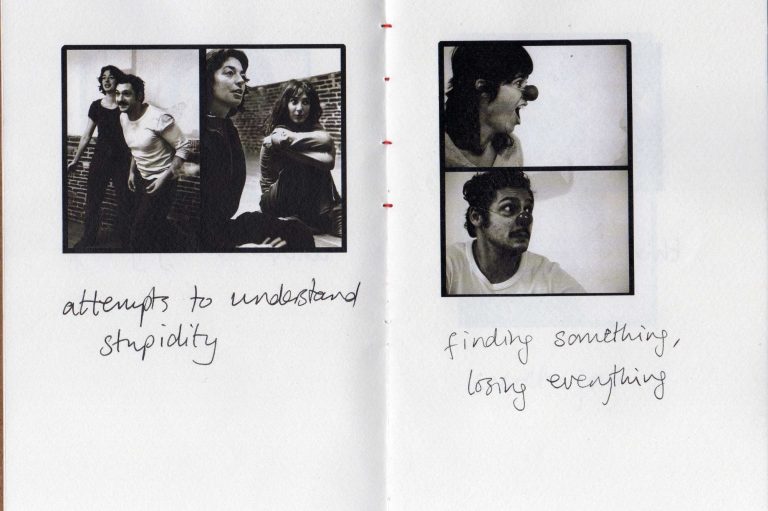Books
“Probably the best books on clowns in the world!” (Jacques Lecarte, Clowns Without Borders, Brussels)
Clown: Readings in Theatre Practice
A mixture of clown history, philosophy, and practice, aiming to present as many different perspectives on clown in context. (2013)
Clown Training - a practical guide
This comprehensive guide to clown training invites you into the clown workshop and leads you through a complete clown syllabus. (2015)
The Clowning Workbook
A practical textbook for teachers and learners of clowning, offering multiple ways to use clowning across general performer training. (2023)
Research
With more and more practitioners and academics thinking and writing about clowning, this is an immensely intriguing field. Of course, clowns have always thought about what we do, we've always been theorists.
Decolonising clowning
Within the global clown community, many have been involved in discussion over how to proceed and how to re-examine our practices. A prime question which arises now is how to decolonise clown pedagogy. And the options and assumptions which are being problematised do seem generally to return to that ideology of vulnerability. In short, the same questions which the previous research had been nagged by are now re-surfacing as potentially the obstacles to a pedagogical practice which would not exclude the global majority.
European tricksters
We wanted to set aside the practice of 'vulnerabilising', involving the power dynamic of authoritarian clown teacher and flopping/vulnerable/failing clown student (regardless of whether this is carried out playfully or brutally). This dominant orthodoxy in clowning seemed to us to be a limiting force on the possibilities of clowning, acting to exclude many (perhaps those who live 'vulnerability' as reality), and to keep clowning within the polite confines of the art-theatre with its clear demarcation between actors and audience.

Clown theory
How useful are the main theories about how clowning works and what it means?
The circus clown died in the 50s. A victim of our distrust of the tyranny of tradition. Lecoq's contemporary personal clown, born of the 60s, sustained itself for half a century on our obsession with self. Now, in the 21st century, our inner self is no more, we are all public knowledge in a globalised, viralised world where anyone or anything can be clown - man, woman, child, cat, dog... No need to look inside. All it takes is the right framing.
Clown/Actor training
A three-year AHRC-funded Creative Fellowship at Central School of Speech and Drama, challenging orthodox assumptions about contemporary clowning.
Clown prosthetics and amputations
A one-year research project into how clowns use the adding and subtracting of body parts in performance. This project was funded by a scholarship for the MA in Practice as Research at Kent University in 2006.







